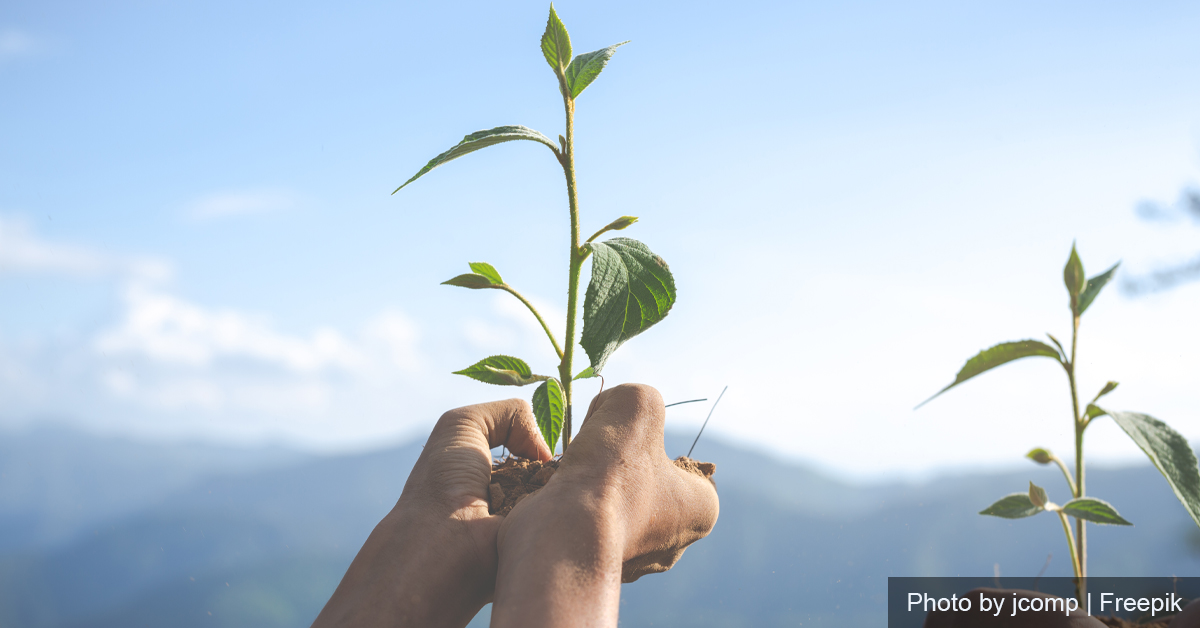
More than three in five Singaporean respondents polled in an IPS study released last month believed that protecting the environment should enjoy priority over economic growth. Younger, more educated and more affluent respondents were more likely to feel that way. By recognising the existential threat that climate change poses to Singapore, the educated and affluent young are initiating a trajectory of change that older Singaporeans would be well-advised to join, whatever their level of education and prosperity.
What might stand in the way of more elderly thinking like the young? It is not that they know that they are running out of time and therefore have less of a stake in Singapore’s ecological future than the young do. The old are not selfish necessarily. Most of them have children and grandchildren, whose well-being is tied inextricably to that of an endangered environment. I suspect the answer lies in the sense of immediacy. The elderly’s grasp of environmental reality is influenced by the psychological pressure of old age. They care for the earth but they have many more immediate things to care about, particularly their approaching mortality. By contrast, although the young, too, are embedded in their financial and social obligations to themselves and their families, they literally have time to think about time. And that time is ecological time, which is being eroded at a pace and with a vigour that threatens the young’s sense of time.
This is where Singapore, where the young will outlast the old, comes in. A nation must think like the young because they are what will keep the country going. The trade-offs that an island city-state faces in cutting its emissions are much starker than what most other nations face, but the plans laid out in Parliament this month for a sustainable ecological future should empower environmentally friendly Singaporeans. The plans provide a viable blueprint for a green economy that would take Singapore into the next stage of development at some cost to existing ways of living and doing business, but with the hope that the ecological basis would be laid for the material prosperity and mental well-being of coming generations.
The Singapore Green Plan 2030 framework, announced last month, provides a credible pathway ahead because its timeline — less than a decade from now — is neither too short to be infeasible nor too long to be lost in the fog of the distant future. Ministers have noted that Singapore’s way to a sustainable future requires a whole-of-nation effort. The public, private and civil sectors all must work together to produce a sustainable future.
In that regard, the boldness displayed by the young respondents in the IPS survey is salutary. To take an everyday example, the widespread and wasteful one-time use of plastic bags is both an economic and a pollutive blight on the environment. Using supply-side measures of pricing to reduce their use would hit manufacturers no doubt, but that is an economic trade-off that must be made in the larger interests of the environment. On the demand side, too, much can be done if more people commit themselves to reusing the bag in an ecologically responsible way. From the humble plastic bag to giant pollutive industries, the economics of the future will have to be green if there is to be a future at all.
Commendably, young Singaporeans realise the inevitability of this logic. There is hope for Singapore.
The author is co-general editor of the Singapore Chronicles series published by IPS and The Straits Times Press.
Top photo from Freepik.
